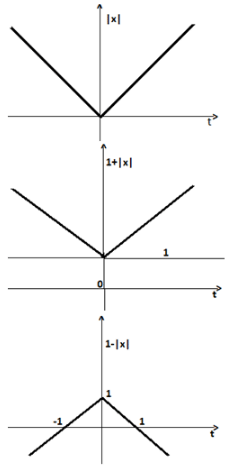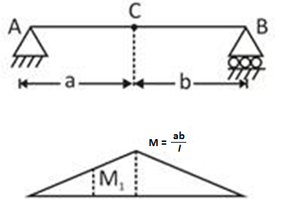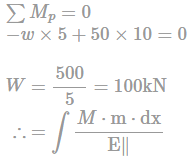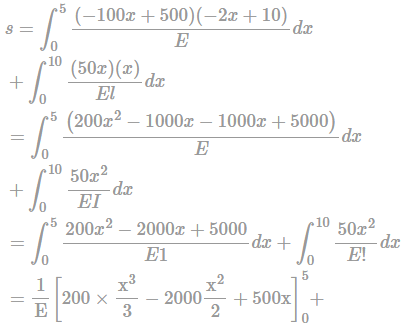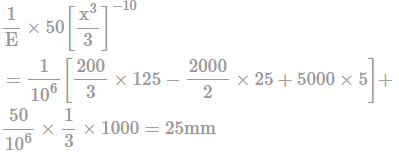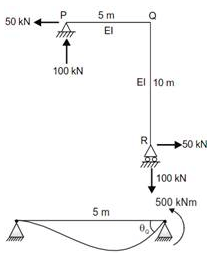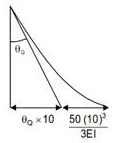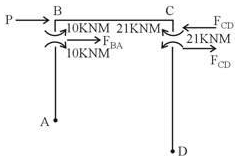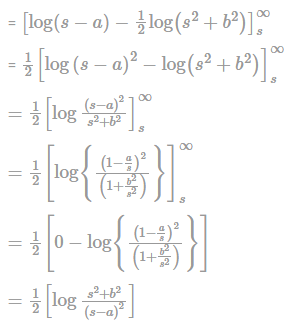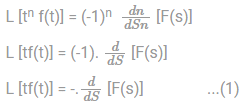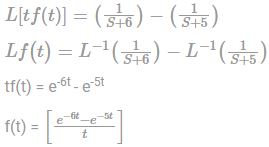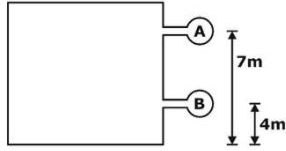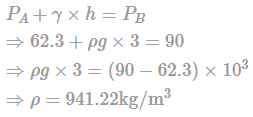Practice Test: Civil Engineering (CE)- 11 - Civil Engineering (CE) MCQ
30 Questions MCQ Test - Practice Test: Civil Engineering (CE)- 11
Which of the following curves represents the Y= In (|e| (sin sin (|x|)|) for |x| < 2π?
Direction: In the following question, a sentence is given with blanks to be filled in with appropriate word(s). Four alternatives are suggested for the question. Choose the correct alternative out of the four.
The _______ of the moment led Lin to post on Craigslist, describing the guy's _____ shirt and partially dyed blond hair.
A number 18567332145x is divisible by 8. What can be the minimum value of x?
The simple interest on a certain sum for 2 years at 9% per annum is Rs. 225 less than the compound interest on the same sum for 2 years at 10% per annum. The sum is:
Which of the following is the MOST OPPOSITE in meaning to Obstreperous?
Consider a function f(x)=1-|x| on -1≤x≤1.The value of x at which the function attains a maximum, and the maximum value of function are:((mathematics:maxima,minima)
An article is sold with a certain profit percentage such that selling the same at one-third price, there will be a loss of 60%. Find the certain profit percentage.
Rs. 200 are divided among Arun, Bholu and Chetan such that Arun's share is Rs. 30 more than Bholu's and Rs. 20 less than Chetan's. What is Bholu's share?
Average marks in a test conducted in a class of 24 students gave the average score as 56. It was detected that while computing the average, marks of 3 students were taken as 46, 47 and 43 instead of 64, 74 and 34 respectively. Which of the following is the most appropriate description of the percentage by which the class average goes up now?
Present average age of Kanika and Shweta is ‘x’ years. Ratio of the age of Kanika one year ago to the age of Monika four year hence will be 1: 2. Present average age of Kanika, Monika and Shweta is 22 years. Find the value of ‘x’ if the present age of Kanika is 16 years.
The Sludge Volume Index for mixed liquor having suspended solids concentration of 2000 mg/l and showing a settled volume of 200 ml from a one-litre sample would be
The velocity field for flow is given by

and the density varies as p = po exp (-2t). In order that the mass is conserved, the value of λ should be;
In the influence line diagram for mid-span bending moment of a simply supported beam, the ordinate at the quarter span is 0.5 m. If the span of the beam is doubled, the ordinate at the mid-span of the influence line will be;
A portal frame shown in figure (not drawn to scale) has a hinge support at joint P and a roller support at joint R. A point load of 50 kN is acting at joint R in the horizontal direction. The flexural rigidity. EI, of each member is 106 kNm2. Under the applied load, the horizontal displacement (in mm, round off to 1 decimal place) of joint R would be __________
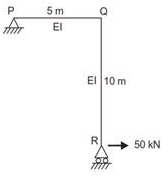
A plane frame is as shown in the figure below. If MBA = 10 kNM (clockwise) and MCD = 21 kNM (counter clockwise) then the value of load P is

A circular tank of base diameter 12m is subjected to a total load of 12,000 kN. Calculate the vertical stress (in kN/m2) at a point P which is at a depth of 3m and 2m away from the centre of the loaded area.
The results of two plate load tests performed on a given location with two circular plates are given below:
1. Diameter = 750 mm, S = 15 mm, Q = 150 kN
2. Diameter = 300 mm, S = 15 mm, Q = 50 kN
Use Housel’s equation i.e. Q = Aq + Ps
A = contact area
q = bearing pressure beneath area A (constant)
P = perimeter of footing
s = Perimeter shear (constant)
Determine the load (in kN) on circular footing 1.2 m diameter that will cause a settlement of 15 mm.
The net safe bearing capacity of a purely cohesive soil
A scale representing either three units or only one unit and its fractions up to second place of decimal point is _______.
If f(t) = (eat - cos bt) 1/t , then the Laplace transform of f(t)
A concrete beam pre-stressed with a parabolic tendon is shown in the fig. The pre-stressing force applied is 1620 kN. The ULD includes self-weight of the beam. The stress in the top fibre of the middle section is (take compressive stress as positive)

Consider a signal x (t) given by x(t) L.T. ↔ x(s) = log(s+5/s+6) , then x(t) is given by
Consider the following simultaneous equations (with c1, and c2 being constants):
3x1 + 2x2 = c1
4x1 + x2 = c2
The characteristic equation for these simultaneous equations is;
The degree of static indeterminacy of the truss shown below is.
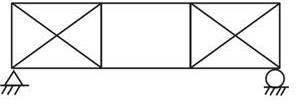
A pressure gauge reads 62.3 kPa and 90 kPa respectively at heights of 7 m and 4 m fitted on the side of a tank filled with liquid. What is the approximate density of the liquid on kg/m3?
Which one of the statement is INCORRECT in design of hourly traffic volume?
A lift irrigation scheme using a discharge of 81m3/hr is planned to raise a crop whose delta is 45cm. Intensity of irrigation is 55%. Assuming 4500 hours of working of water supply for a year, area(hectares) required for irrigation would be;
An 8 m long simply-supported elastic beam of rectangular cross-section 100mm × 200 mm is subjected to a uniformly distributed load of 10 kN/m over its entire span. The maximum principal stress (in MPa, up to two decimal places) at a point located at the extreme compression edge of a cross-section and at 2 m from the support is ____________.



